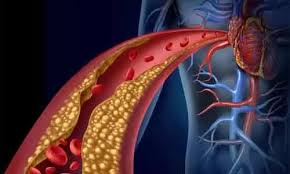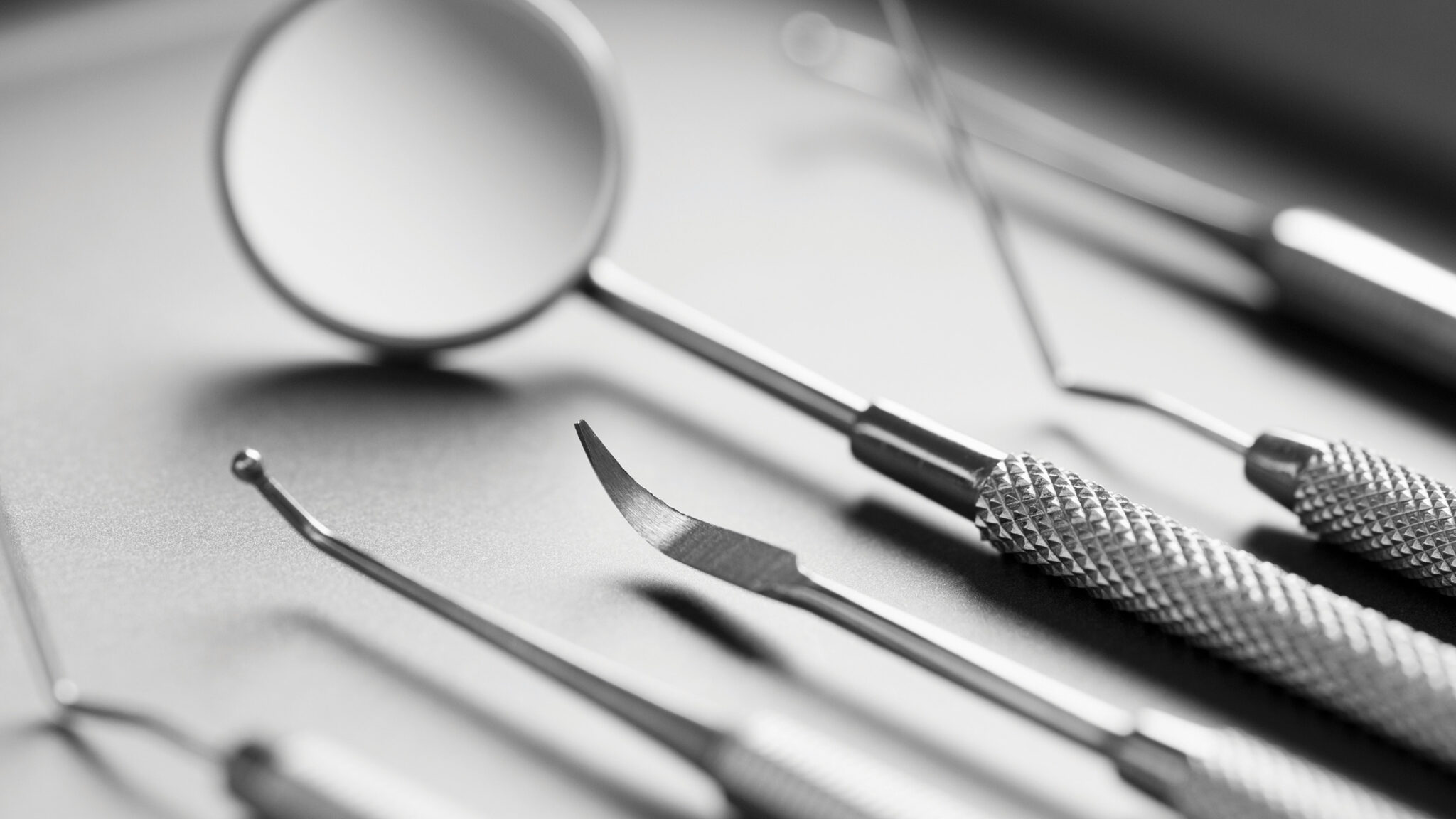
Familial hypercholesterolemia (FH) is a genetic disorder characterized by high levels of low-density lipoprotein cholesterol (LDL-C) in the blood, leading to an increased risk of cardiovascular disease.
What are the treatments for Familial hypercholesterolemia?
The treatment of FH typically involves a combination of lifestyle changes and medications.
- Lifestyle changes: Lifestyle changes, such as a healthy diet low in saturated and trans fats, regular exercise, and maintaining a healthy weight, are an important component of FH treatment.
- Medications: The primary medications used to treat FH include statins, which work by reducing the production of LDL-C in the liver. Other lipid-lowering medications, such as ezetimibe and bile acid sequestrants, may also be used in combination with statins.
- PCSK9 inhibitors: PCSK9 inhibitors are a new class of medications that have been shown to be effective in lowering LDL-C levels in individuals with FH. These drugs work by blocking a protein called PCSK9, which regulates the liver’s ability to remove LDL-C from the bloodstream.
- Lipoprotein apheresis: Lipoprotein apheresis is a procedure in which cholesterol is removed from the bloodstream by filtering the blood through a machine. This treatment is typically used in individuals with severe FH who have not responded to other treatments.
- Genetic counseling and testing: Genetic counseling and testing may be recommended for individuals with FH, as the condition is inherited. This can help individuals understand their risk for developing cardiovascular disease and take steps to manage it.
It is important to work with a healthcare provider to determine the best treatment plan for FH, as treatment options may vary depending on the individual’s specific case.
Hypercholesterolemia, or high cholesterol levels, can be reduced naturally by making lifestyle changes and incorporating healthy habits into your daily routine. Here are some ways to reduce cholesterol levels naturally:
- Diet: Eating a diet that is low in saturated and trans fats and high in fiber, fruits, and vegetables can help lower cholesterol levels. This includes foods such as oats, barley, legumes, nuts, seeds, and fatty fish.
- Exercise: Regular physical activity, such as brisk walking or jogging, can help lower cholesterol levels and improve overall heart health.
- Weight management: Maintaining a healthy weight through diet and exercise can help reduce cholesterol levels.
- Quit smoking: Smoking increases cholesterol levels and damages the inner walls of the blood vessels, leading to the formation of plaque. Quitting smoking can help reduce cholesterol levels and improve overall heart health.
- Limit alcohol consumption: Excessive alcohol consumption can raise cholesterol levels, so it’s important to limit alcohol intake to moderate levels.
- Stress management: Chronic stress can increase cholesterol levels, so it’s important to find ways to manage stress through techniques such as mindfulness, exercise, or therapy.
It is important to note that these lifestyle changes can have a positive impact on cholesterol levels, but for some individuals with a genetic predisposition to high cholesterol or those with more severe cases, medication may also be necessary. It is important to work with a healthcare provider to determine the best course of action for reducing cholesterol levels.
Familial hypercholesterolemia (FH) is a genetic disorder characterized by high levels of low-density lipoprotein cholesterol (LDL-C) in the blood, which can lead to an increased risk of cardiovascular disease. The symptoms of FH are often related to the complications associated with high cholesterol levels and may not be noticeable until later in life.
Common symptoms of FH include:
- Early onset of cardiovascular disease: Individuals with FH may develop heart disease, including angina, heart attack, or stroke, at a young age.
- Arcus cornealis: This is a white ring that appears around the edge of the cornea, which can be an early sign of FH.
- Xanthelasmas: These are yellowish cholesterol deposits that appear around the eyes.
- Tendon xanthomas: These are yellowish lumps that appear on the tendons and are a sign of FH.
- Nodular superficial fatty deposits: These are small, yellowish lumps that can appear under the skin and are a sign of FH.
It is important to note that some individuals with FH may not have any noticeable symptoms, but still have high cholesterol levels and an increased risk of cardiovascular disease. Therefore, it is important to work with a healthcare provider to monitor cholesterol levels and manage FH effectively.
Familial hypercholesterolemia (FH) is a serious genetic disorder that is associated with high levels of low-density lipoprotein cholesterol (LDL-C) in the blood, which can lead to an increased risk of cardiovascular disease. The severity of FH varies between individuals, but the condition is generally considered serious because it can lead to an increased risk of heart disease, including angina, heart attack, and stroke, at a young age.
Individuals with FH are often diagnosed at a young age, and it is important to manage the condition effectively in order to reduce the risk of cardiovascular disease. This may include making lifestyle changes, such as eating a healthy diet, exercising regularly, and quitting smoking, and taking cholesterol-lowering medication.
It is important to work with a healthcare provider to manage FH effectively and reduce the risk of cardiovascular disease. Early diagnosis and treatment can help reduce the risk of complications and improve overall health outcomes for individuals with FH.
Contact:
David Correa
USA/Canada (Toll Free): +1-800-792-5285, +1-503-894-6022
help@alliedmarketresearch.com

